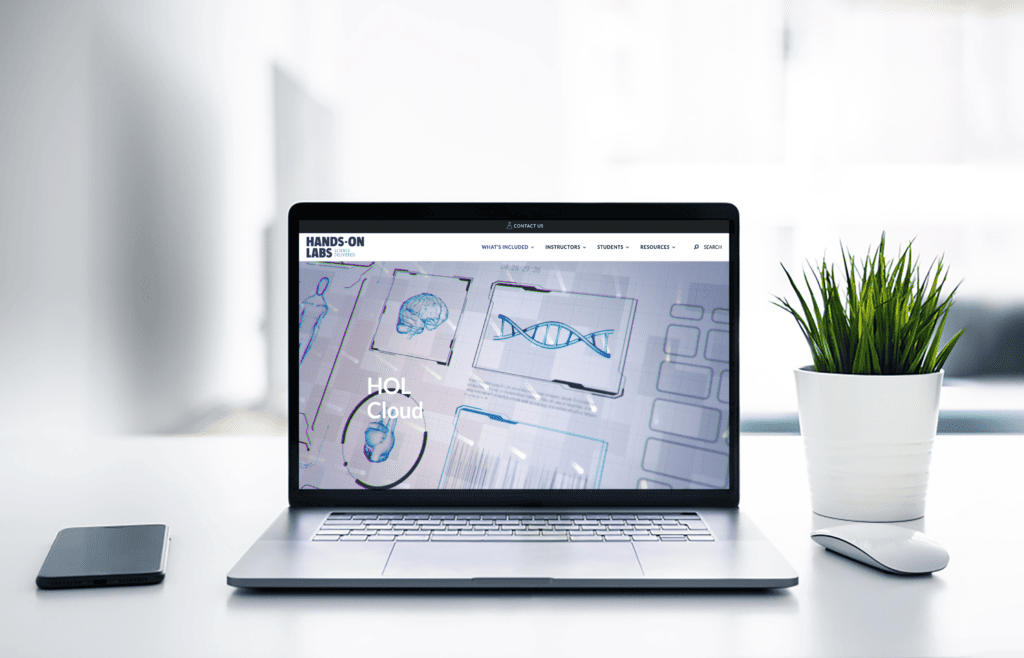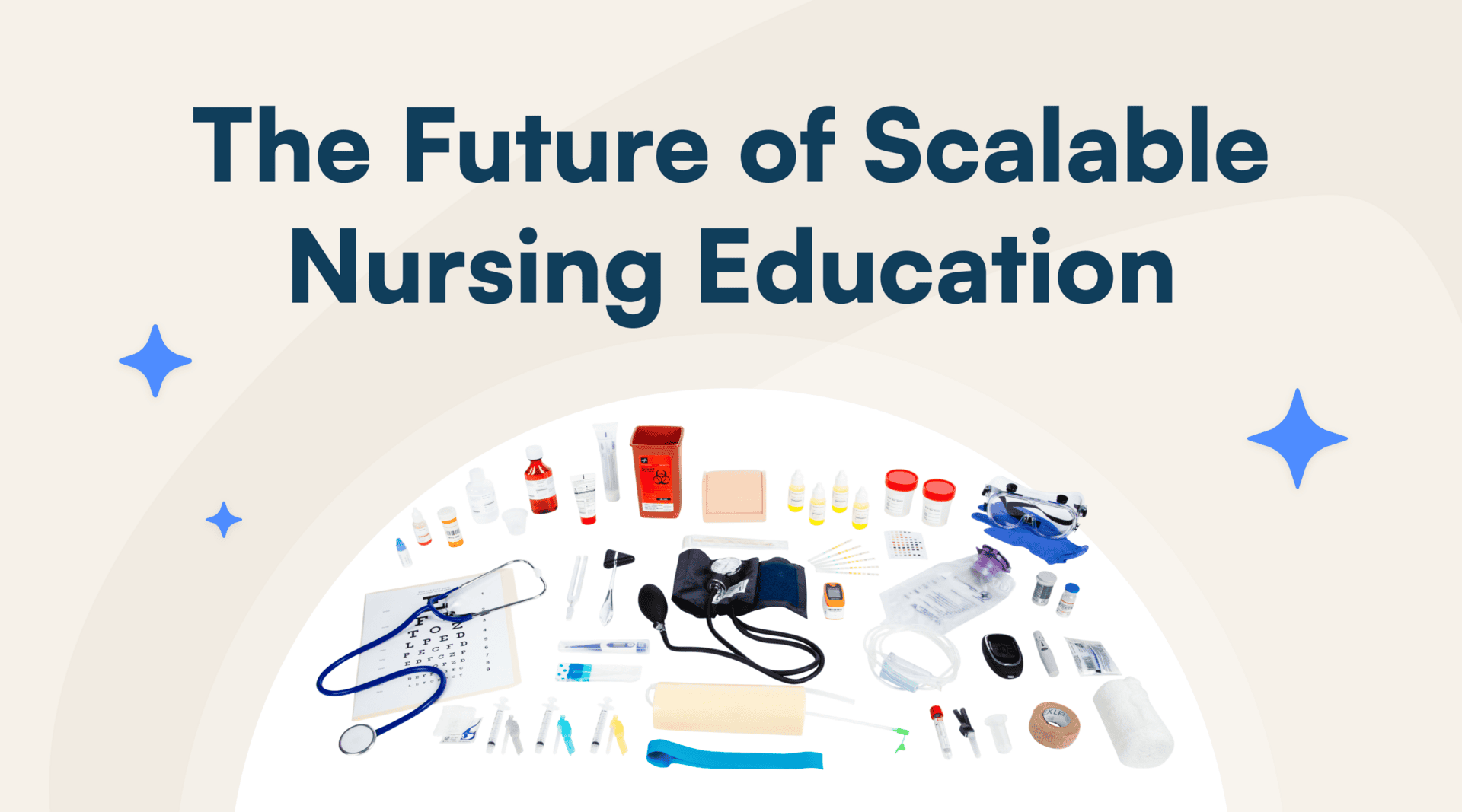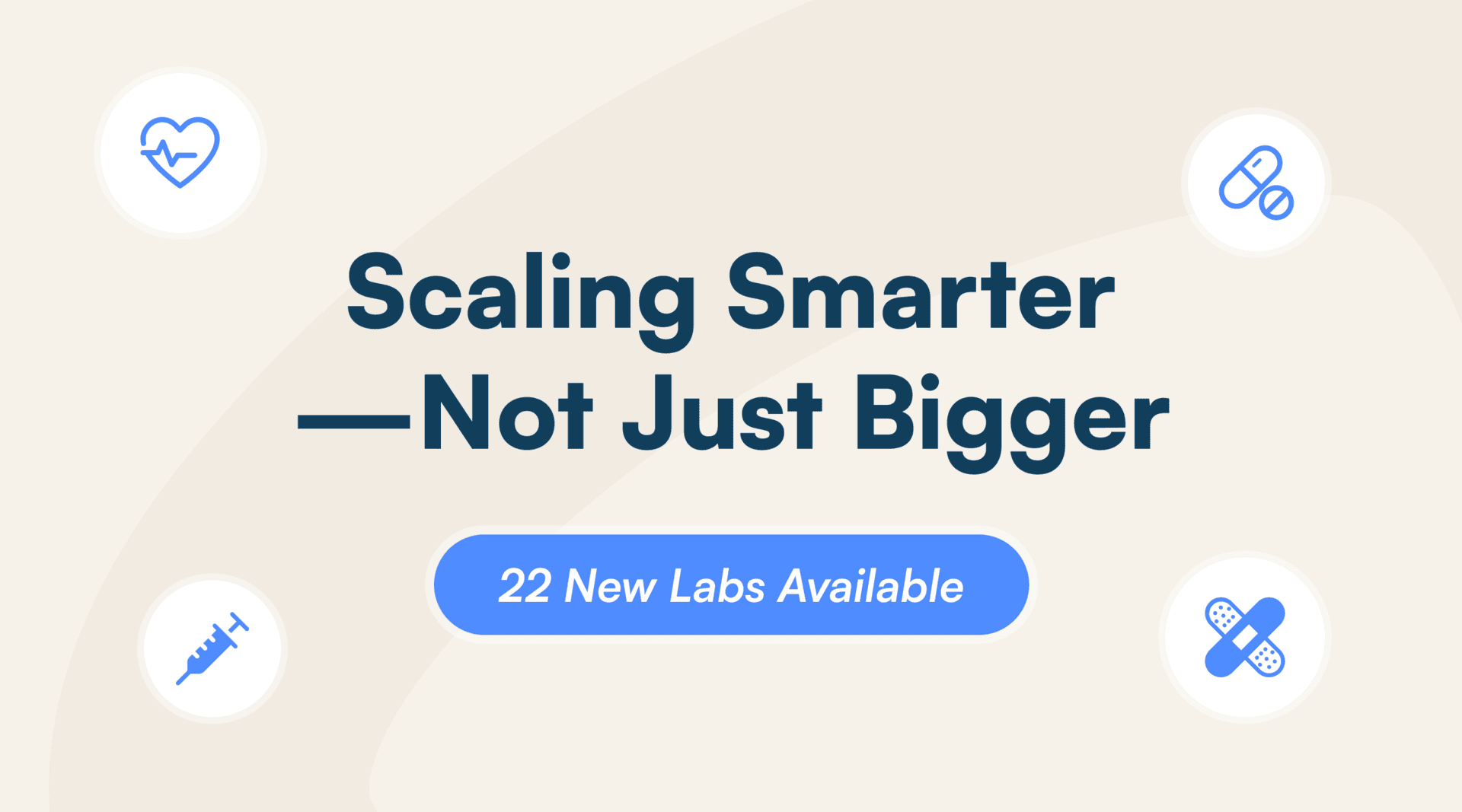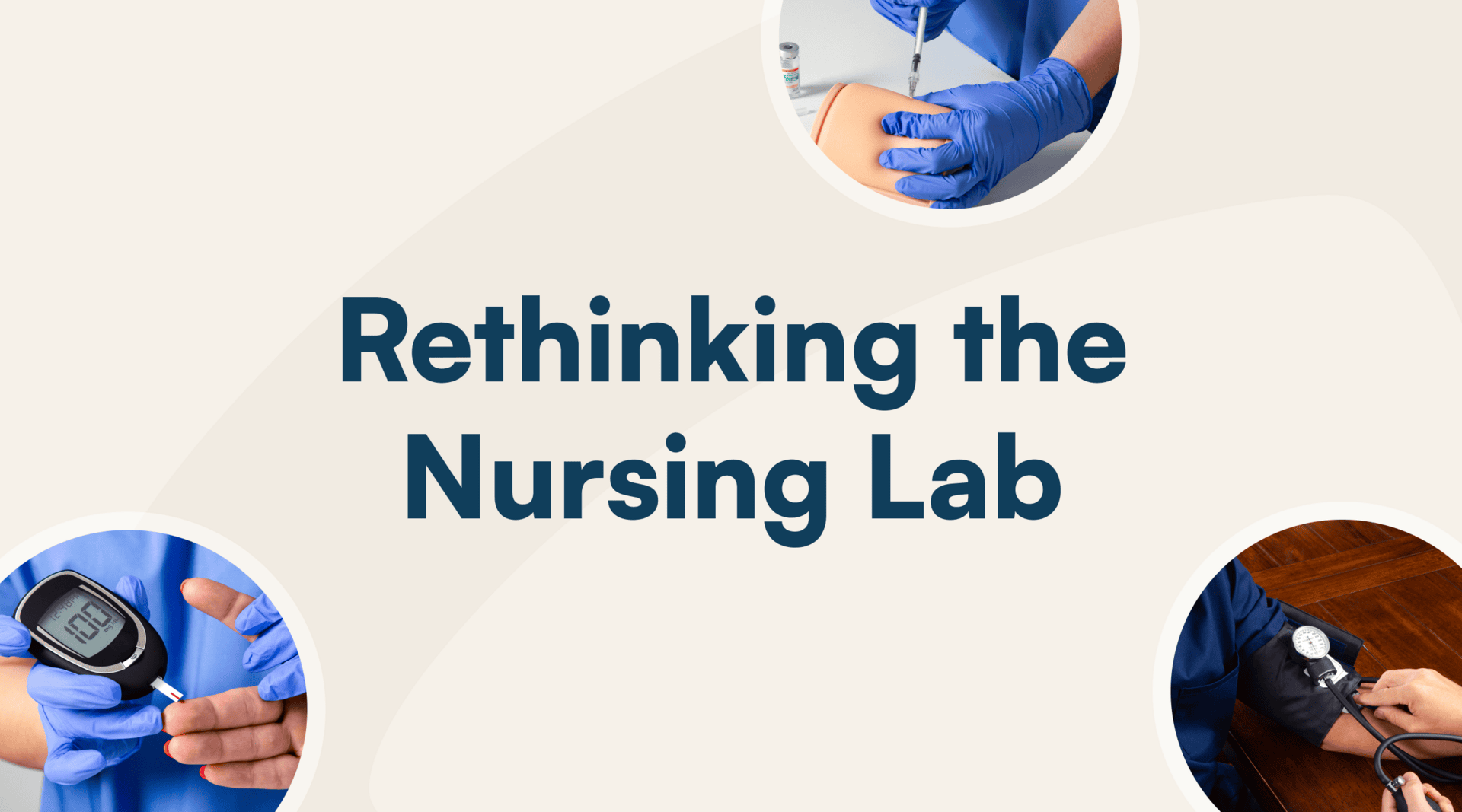Education During a Pandemic:
As we’ve mentioned throughout the pandemic, this is an unprecedented time in the world of online education. The spread of COVID-19 has forced higher-ed institutions to shift completely to a remote-learning model, and while many schools have set about expanding their existing online offerings, others are wading into this territory for the first time. It’s undoubtedly an unsettling time for students and educators alike, but many are already rising to the occasion and adapting to their new environment.
To learn more about this rapid transition, we wanted to share some thoughts from someone working directly with those who are shaping the future of education. Joe Schubert has been an Account Executive at Hands-On Labs for a year and a half, helping schools such as Moraine Valley Community College and Loyola University Chicago develop and implement sophisticated online lab science offerings. Here’s what Joe had to say about the pandemic, student tenacity, and the new global education environment.
I recently read an article from USA Today that discusses how students are weary of online classes. The article, which is one of many recent stories I’ve seen that point in the direction of students avoiding online college courses this fall, said that students have threatened to revolt if universities put another semester of classes online. If you ask me, these stories are missing the full picture.
With the COVID-19 pandemic, there isn’t a certain time frame for when it will be safe to reopen college campuses. Over the last two months, I’ve spoken to dozens of professors at universities and community colleges from Boston to Los Angeles, and one common theme has emerged: no one is certain what will happen in the fall. These instructors are scrambling to prepare for the future without sacrificing the quality of their students’ education.
And while this uncertainty is undoubtedly creating discomfort, I feel that these stories about revolting students are misrepresenting the current situation. What is certain is that students are proving their tenacity by adapting to the new circumstances in which they find themselves.
The instructors that I’ve spoken with who were already running an online section of their courses have seen enrollment increase for their summer offerings. In fact, I’ve seen some sections of courses double in size heading into the summer semester. Students are already preparing for the role online courses will play in their ongoing education.

To be sure, there is no substitute for an on-campus experience, especially for students just out of high school. This rite of passage gives students the freedom to express themselves and the ability to start making adult decisions on their own. Going to college is one of the first steps in preparing students for the real world.
But you can also look at online college as a step in that same direction. We send kids to institutions of higher learning to gain the skills and knowledge they will need throughout their careers. Our colleges and universities are there to educate the workforce. Preparing young adults for a career doesn’t always have to be done in a brick and mortar classroom.
Transitioning college courses online represents an important step in getting these young adults ready for a career in today’s world. Distance-learning students must schedule their time to complete their assignments without having an instructor remind them in person. Rather than taking passive lecture notes, they’re forced to take responsibility for their own learning. This sense of independence will prove indispensable in future occupations, where supervisors will expect projects to be completed on time.
The pandemic has accelerated this transition, but colleges have been slowly working toward online models for the past 20 years. In addition to a steady increase in online enrollment and course offerings, many Learning Management Systems (LMS), such as Canvas and Blackboard, now keep track of grades, test scores, and assignments online. These web-based LMSes have given instructors the ability to conduct their courses effectively and efficiently.
Colleges are not the only institutions that have been expanding their online environments. Businesses in general have been working toward this model as well. With innovations such as VPNs and Zoom meetings, the future workplace may end up being completely remote. The online learning environment is a useful tool to help students prepare for the future workforce.
As an early student of online learning, I can attest that there can be some challenges when it comes to distance education. Yes, it will be an adjustment for students to shift to online courses, but with the COVID-19 pandemic, life itself is an adjustment. Maybe this type of learning will make students adapt more quickly to their changing environment.
Discover more articles

Science Interactive Launches New Nursing Fundamentals

What Clinical-Ready Actually Looks Like (And How to Get There Sooner)


